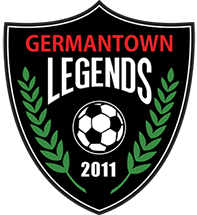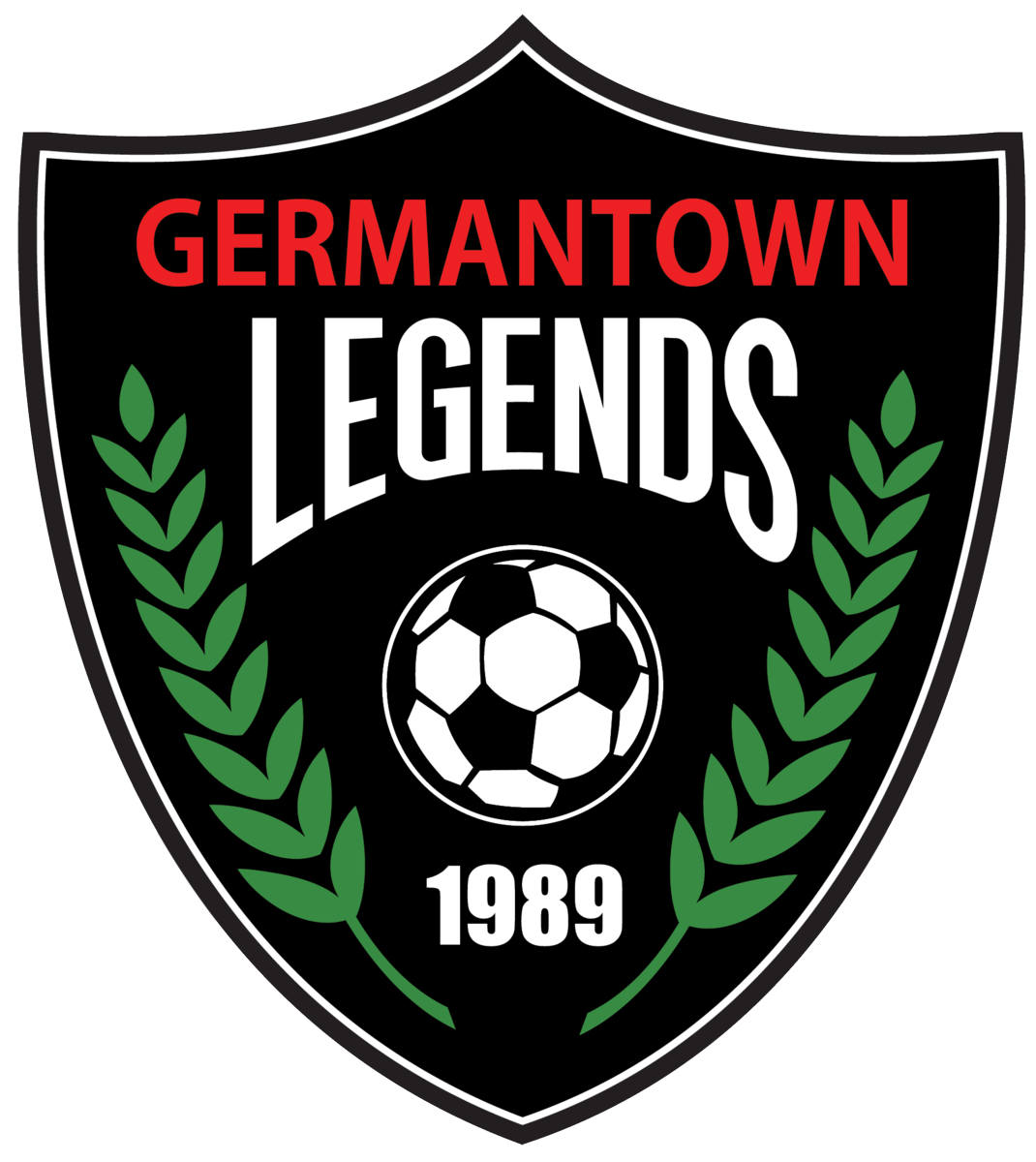Practicing in the Heat
NATA offers Tips for Exercising Safely in the Heat
Key information on how to steer clear of heat cramps, heat exhaustion and heat stroke
In support of the "Exercise is Medicine" initiative, a new program launched by the American College of Sports Medicine and the American Medical Association and over 50 supporting organizations including the National Athletic Trainers’ Association, NATA has prepared a list of important tips that people of all ages can follow to enjoy physical activity and exercise and also reduce the risk of exertional heat illness that may occur from activity in the heat of spring and summer. Exercise is Medicine is a national program designed to make physical activity and exercise a standard part of disease prevention and treatment.
To read NATA’s complete Position Statement on Exertional Heat Illnesses, visit the NATA Website.
"Many cases of heat illness are preventable and can be successfully treated if such conditions are properly recognized and appropriate care is provided in a timely manner," said certified athletic trainer Brendon McDermott, MS, ATC, with the University of Connecticut. "We’re hoping to educate athletes, coaches, parents and health care providers about what can be done to prevent and treat heat illnesses."
Watching for certain factors is key to safe summer activities
To guard against heat illnesses, NATA recommends following these easy steps:
1. Gradually increase activity in terms of intensity and duration in the heat. This prepares your body for more intense, longer duration exercise in warm conditions, and helps prevent injury and heat illness.
2. Intersperse periods of rest during activity and assure adequate rest between exercise bouts. Rest breaks are an important defense against heat illness, and proper sleeping habits decrease your risk as well.
3. Begin outdoor activities only after you’re properly hydrated. Drink water or sports drinks throughout physical activity in the heat.
4. A darker urine color is a quick indicator of dehydration. Your urine should look more like lemonade than apple juice.
5. Exercise during cooler portions of the day (early morning or late evening), if possible.
6. Do not participate in intense exercise if you show signs of an existing illness (i.e. fever, diarrhea, extreme fatigue, etc.). These can decrease your body’s tolerance for heat and increase your risk of a heat illness. Back off on exercise intensity or duration if not feeling well (i.e. walk instead of run, cut the session short, etc.)
7. Athletic events should employ an athletic trainer for coverage to assure proper medical supervision, recognition and treatment of possible injuries and heat illness.
Heat-related ailments
"We are not invincible when it comes to exercise in the heat" said McDermott. "In extreme cases, if medical care is not provided in a timely manner, long-term damage can occur."
Following is an overview of the heat-related ailments to be aware of when working or playing in the heat:
1. Exertional Heat stroke is an extremely serious illness that can result in death unless quickly recognized and properly treated. Signs and symptoms include an increase in core body temperature (usually above 104°F/40°C); central nervous system dysfunction, such as altered consciousness, seizures, confusion, emotional instability, irrational behavior or decreased mental acuity; nausea, vomiting, or diarrhea; headache, dizziness, or weakness; increased heart rate; decreased blood pressure or fast breathing; dehydration; and combativeness.
What to do: It’s very important that treatment for exertional heat stroke be both aggressive and immediate, provided adequate medical personnel are on site. Key steps to take when exertional heat stroke is identified include immediate whole-body cooling, preferably through cold-water immersion, followed immediately by medical treatment in an emergency room or trauma center.
2. Heat exhaustion is a moderately serious illness resulting from fluid loss or sodium loss in the heat. Signs and symptoms include loss of coordination; dizziness or fainting; profuse sweating or pale skin; headache, nausea, vomiting or diarrhea; stomach or intestinal cramps or persistent muscle cramps.
What to do: Heat exhaustion patients should immediately be transported to a cool, shaded environment with feet elevated, and fluids should be replaced. If their condition worsens or does not improve within minutes, they should be transported to the emergency room for evaluation and treatment. Those suffering from heat exhaustion should avoid intense activity in the heat until at least the next day. NATA also recommends a trip to the doctor to rule out any underlying conditions that predispose them to heat exhaustion.
3. Heat cramps are often present in those who perform strenuous exercise in the heat. Conversely, cramps also occur in the absence of warm or hot conditions, which is common in ice hockey players. Signs and symptoms include intense pain (not associated with pulling or straining a muscle) and persistent muscle contractions that continue during and after exercise.
What to do: People suffering from heat cramps should cease activity, consume high sodium food, a sports drink and stretch the affected muscle. They should also be assessed by a certified athletic trainer to determine if they can return to activity. If cramping progresses in severity or number of muscle groups, patients should be transported to the emergency room for more advanced treatment.
4. Hyponatremia is a potentially fatal illness that occurs when a person’s blood sodium levels decrease, either due to over-hydration or inadequate sodium intake, or both. Medical complications can result in cerebral and/or pulmonary edema. Signs and symptoms of this illness include excessive fluid consumption before, during and after exercising (weight gain during activity); increasing headache; nausea and vomiting (often repetitive); and swelling of extremities (hands and feet).
What to do: Hyponatremia cases that involve mental confusion and intense headache should be seen by a physician so proper treatment can be administered. A physician should also be consulted prior to resuming outdoor activity in the heat. Always listen to your body. If you are participating in any fitness routines or general activity in the heat, and you start to feel ill or strange, you should stop immediately and seek medical attention, as needed.
About "Exercise is Medicine"
Launched by the American College of Sports Medicine and the American Medical Association, the primary objective of the ""Exercise is Medicine"" program is to encourage athletic trainers, physicians and other health care providers to record physical activity as a vital sign during patient visits. Able patients will be advised to participate in at least 30 minutes of physical activity, and 10 minutes of stretching and light muscle training, five days a week. For more information, visit www.exerciseismedicine.org.
About the National Athletic Trainers’ Association (NATA)
Athletic trainers are unique health care professionals who specialize in the prevention, diagnosis, treatment and rehabilitation of injuries and illnesses. The National Athletic Trainers’ Association represents and supports 30,000 members of the athletic training profession. NATA advocates for equal access to athletic trainers for patients and clients of all ages and supports H.R. 1846. Only 42 percent of high schools have access to athletic trainers. NATA members adhere to a code of ethics. www.nata.org.
The Germantown Legends are a premier youth soccer club located in Germantown, Tennessee.
Established in 2011, the Legends Soccer Club focuses intensely on creating brave creative leaders for life. Our no guilt, no shame, no blame philosophy gives kids the confidence to get out of their comfort zone and create the big play in any situation!
The Germantown Legends Soccer program is the official 'Soccer Provider' to the City of Germantown.
For Field conditions, Inclement weather, Program updates, Camp information, etc., please visit the following:
Facebook: Germantown Legends Soccer
Instagram: Germantown Legends Soccer
Twitter: @GermantownSoc
INFO@GermantownLegends.com
www.GermantownLegendsSoccer.com



